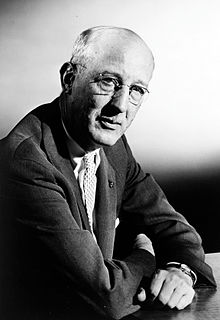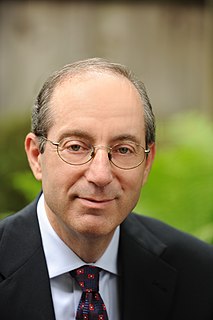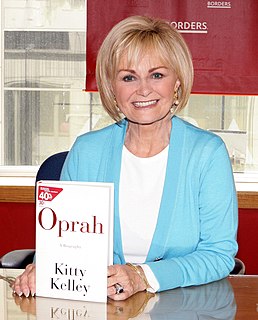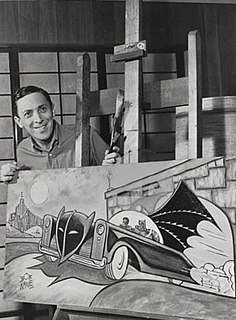A Quote by Aaron Dessner
There are so many books out about Abraham Lincoln out now because it's the bicentennial of his birth. I've known a lot about the Civil War, but I'm just getting more into it.
Related Quotes
There's been more written about Lincoln than movies made about him or television portraying him. He's kind of a stranger to our industry, to this medium. You have to go back to the 1930s to find a movie that's just about Abraham Lincoln. I just found that my fascination with Lincoln, which started as a child, got to the point where after reading so much about him I thought there was a chance to tell a segment of his life to to moviegoers.
I've just always had a personal fascination with the myth of Abraham Lincoln. And once you start to read about him and the Civil War and everything leading up to the Civil War, you start to understand that the myth is created when we think we understand a character and we reduce him to a kind of cultural national stereotype.
I've been reading about and writing about the Civil War period and it is so striking that slavery was never made right - [Abraham] Lincoln was killed, Reconstruction came along, and all of that inequity was frozen in place and carried forward rather smugly. So I think the burden is now upon us white people, to say that this systemic inequality offends us.
Abraham Lincoln did have intellectual instincts, a tremendous curiosity on a broad range of subjects, and a near-photographic memory for what he read. He was, at the end of the day, a politician: politics were his heaven, said William Herndon. But Lincoln did take comfort in ideas and books, more so than almost any other president, and he went to books and ideas in moments of perplexity to sort things out. Philosopher, no, but thoughtful and "surprisingly well-read" for his day.
Why did John Wilkes Booth do it? In My Thoughts Be Bloody young historian Nora Titone is one of the few to have genuinely explored this question. In doing so, she has crafted a fascinating psychological drama about one of the central events of the Civil War: the assassination of Abraham Lincoln. This book promises to stimulate lively historical debate, and will be a treat for every Civil War buff who always pondered that haunting question, “what made him pull that trigger?” Bravo on a marvelous achievement.


































